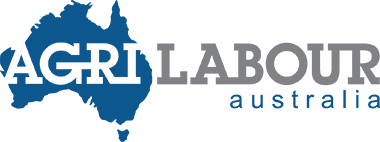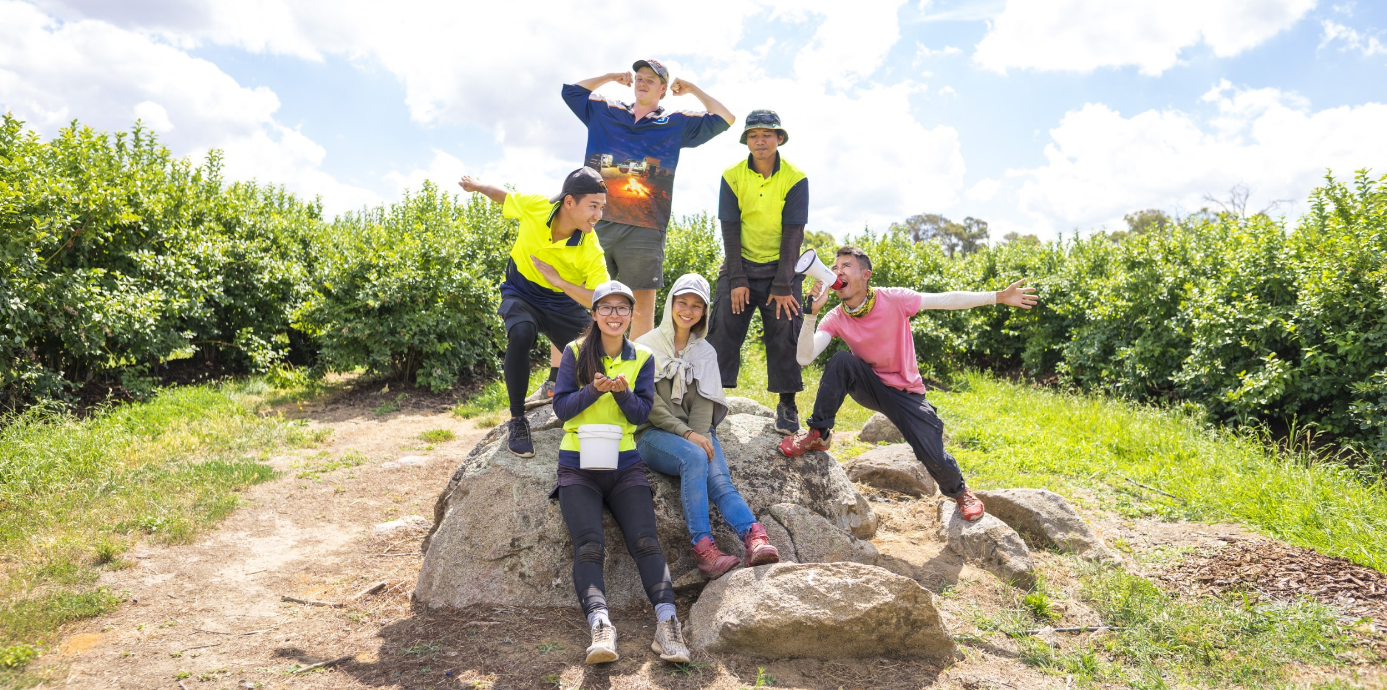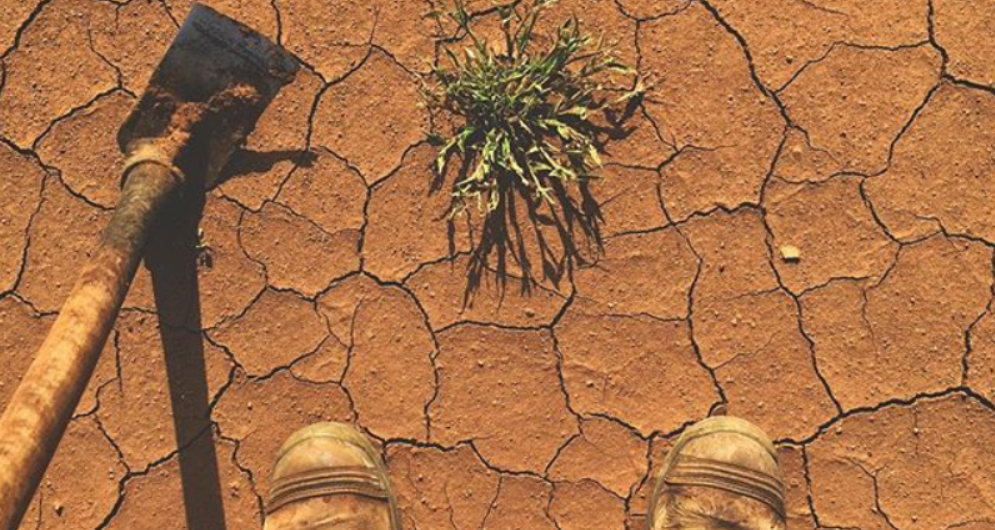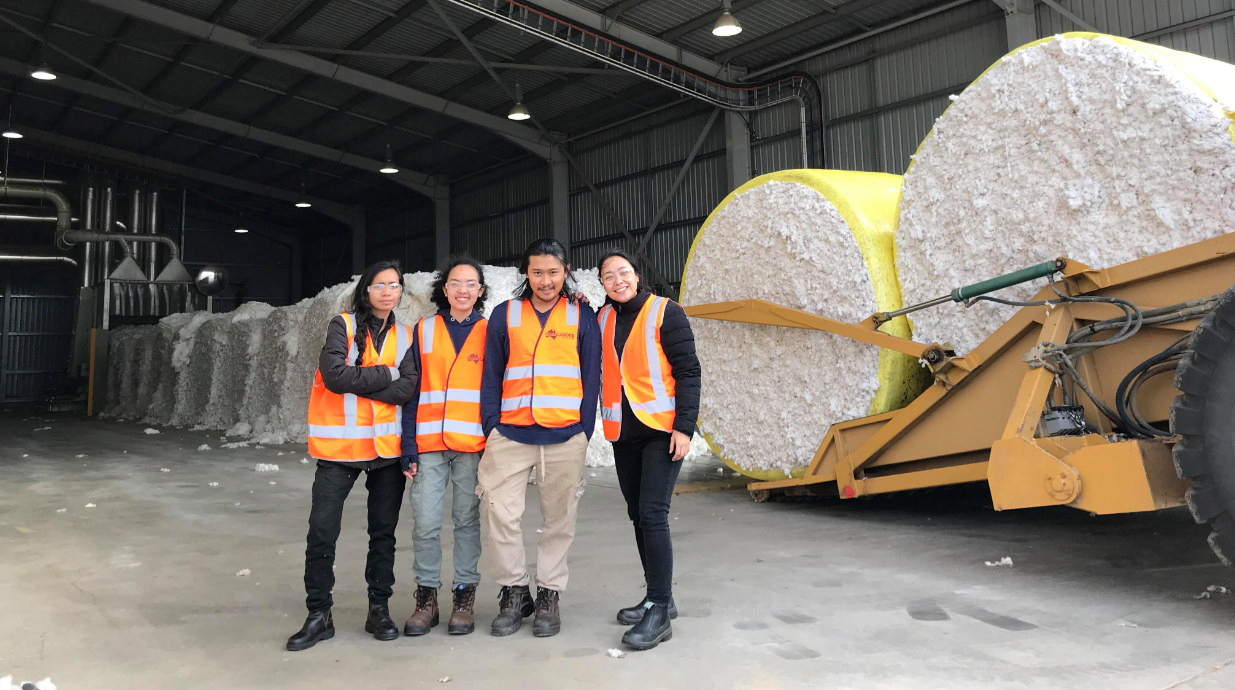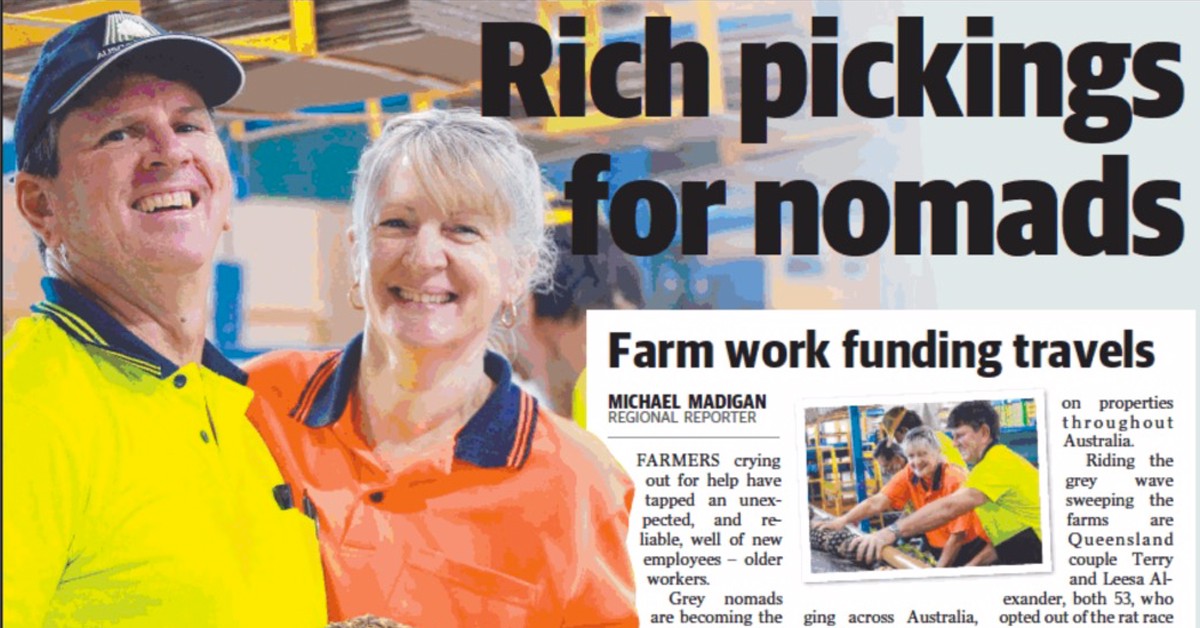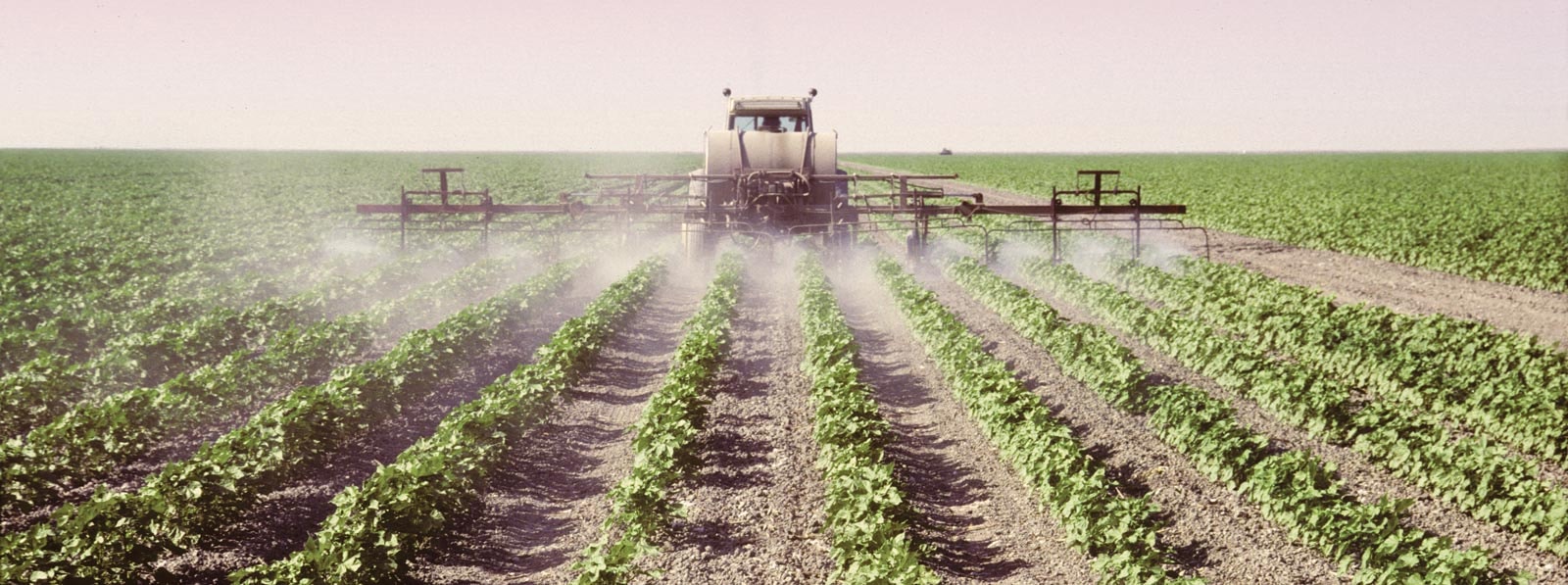When finding labour solutions for our clients, the Agri Labour Australia recruitment team know it’s not always just knowledge that enables someone to make a success of a job. While previous experience is always highly regarded, there are other key attributes that make some workers more valuable than others in seasonal roles.
Proving yourself as a valuable worker doesn’t have to be hard and can deliver great rewards in the form of ongoing work and being assigned better roles. Employers are always reluctant to let their valued workers go at the end of the season and eager to have them return if they haven’t been able to keep them on.
So, what are the attributes of a valuable seasonal worker? Here are Agri Labour Australia’s tips on improving your worth in the workplace:
Positive Attitude
While it can sound a little cliché, having the right attitude to work makes all the difference. Nobody enjoys being around negative people or those who create drama. A cheerful face makes everyone feel comfortable and helps improve productivity in the workplace.
Proactive Approach
Do you take the initiative and look at finding solutions to problems? Being motivated to learn new things and getting the job done without waiting to be told are favourable attributes and can often lead to you being given more responsibility and better roles.
Reliability & Commitment
Turning up to work on time and keeping your word means a lot to an employer. Seeing a job through to its end date is also a big one if you want a good reference or to be considered for future roles.
Flexibility
This is a key one when working within the agriculture industry. Given that nature plays a large part in dictating when seasons start and finish, it’s vital that you can be flexible and understanding. Employers also value those people who show flexibility with work assignments and other changing conditions within the job.
Honesty
Proving yourself to be trustworthy, having integrity and being honest in all that you do goes a long way in proving who you are as a person and as an employee.
Communication
Are you good at following instructions and being an active listener? Having good interpersonal skills is critical to the effectiveness of any workplace and is an attribute that’s high on the list for agribusiness looking for labour solutions.
Capability
Do you have the physical strength or mental endurance to get the job done? It’s not always about being the strongest but more about taking care of yourself to ensure your mind and body are working at optimum capacity. Good diet, plenty of water and adequate rest will greatly assist in helping you stay fit and healthy for work.
Safety
Last but certainly not least – especially on farms and other agriculture industries where risk on the job is high. Employers look for staff who value the safety of themselves and others, by being aware of the dangers and acting accordingly.
How do you rate your value as an agricultural employee? Agri Labour Australia is always looking for candidates who display the valuable qualities we’ve listed here.
For more information and to apply for jobs, visit the Agri Labour Australia job board or call 1300 247 823.
